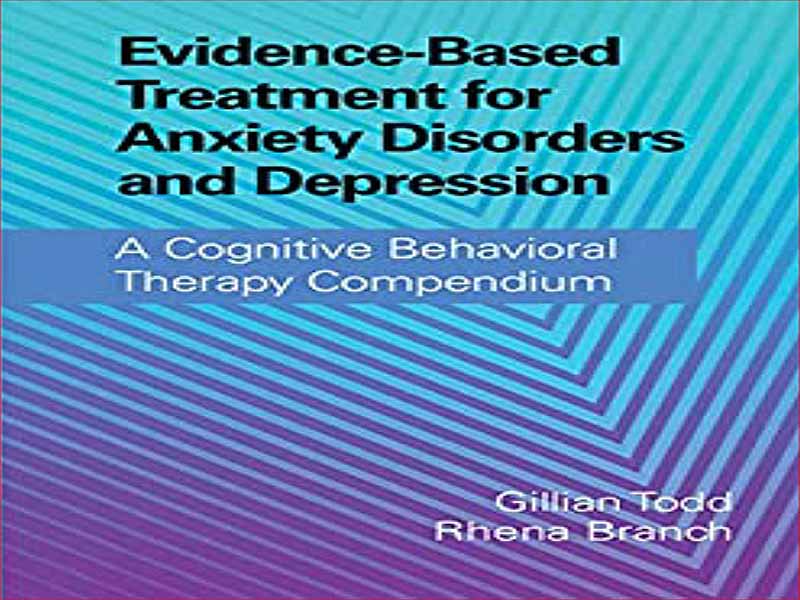در سال 2015، تخمین زده شد که بیش از 300 میلیون نفر در سراسر جهان از افسردگی رنج می برند (WHO، 2017). تخمین زده شد که تقریباً همین تعداد از طیفی از اختلالات اضطرابی رنج می برند. با توجه به اینکه بسیاری از افراد دچار بیماری همبودی می شوند، صرف جمع کردن این ارقام با هم برای رسیدن به مجموع اختلالات رایج سلامت روان کافی نیست. افسردگی بهعنوان بزرگترین عامل ناتوانی جهانی (5/7 درصد از کل سالهای زندگی با ناتوانی در سال 2015) با اختلالات اضطرابی در رتبه ششم بزرگترین عوامل مؤثر (3.4 درصد از کل سالهای زندگی با معلولیت در سال 2015) قرار گرفت. درمان شناختی رفتاری (CBT) یک سنت درمانی است که همچنین به طیف وسیعی از مداخلات اشاره دارد که این فرض اساسی را به اشتراک می گذارند که پریشانی روانی و عاطفی توسط عوامل شناختی حفظ می شوند. پیشگامان اولیه آلبرت الیس (الیس، 1962) و آرون بک (بک، 1970) معتقد بودند که شناخت های ناسازگار شامل باورهای اصلی (همچنین به عنوان “طرحواره ها” نامیده می شود) در مورد خود، دیگران و جهان/آینده، زمانی که توسط شرایط خاص یا موقعیتها باعث ایجاد افکار خودکار منفی مرتبط، احساسات و رفتارهای منفی مرتبط میشوند. در اصل، CBT معتقد است که مداخلات و استراتژیهایی که با هدف تغییر شناختهای ناسازگارانه انجام میشوند، در نهایت منجر به تغییر درمانی در پریشانی عاطفی و رفتار ناکارآمد میشوند.
In 2015, it was estimated that in excess of 300 million people globally suffered with depression (WHO, 2017). Roughly the same number were estimated to suffer from a range of anxiety disorders. Considering that many people experience comorbidity, simply adding these figures together to arrive at a total for common mental health disorders is not sufficient. Depression was ranked as the single largest contributor to global disability (7.5%of all years lived with a disability in 2015) with anxiety disorders ranked sixth largest contributor (3.4%of all years lived with a disability in 2015). Cognitive behavioral therapy (CBT) is a therapeutic tradition that also refers to a range of interventions sharing the basic premise that psychological and emotional distress are maintained by cognitive factors. Early pioneers Albert Ellis (Ellis, 1962) and Aaron Beck (Beck, 1970) posited that maladaptive cognitions including core beliefs (also referred to as ‘schemas’) about self, others, and the world/future, when triggered by particular conditions or situations, give rise to related negative automatic thoughts, associated negative emotions, and behaviors. In essence, CBT holds that interventions and strategies aimed at changing maladaptive cognitions ultimately lead to therapeutic change in both emotional distress and dysfunctional behavior.
این کتاب را میتوانید بصورت رایگان از لینک زیر دانلود نمایید.
Download: Evidence-Based Treatment for Anxiety Disorder and Depression




































نظرات کاربران